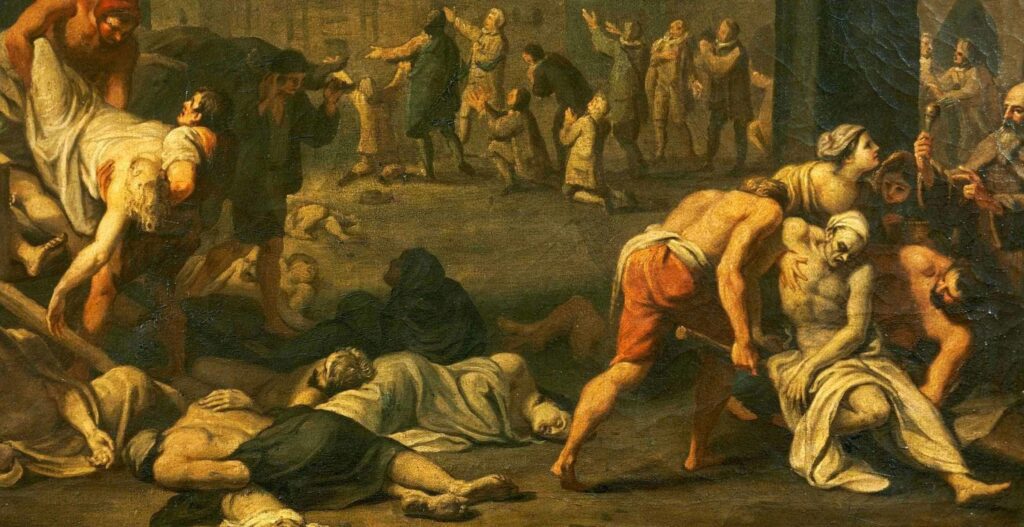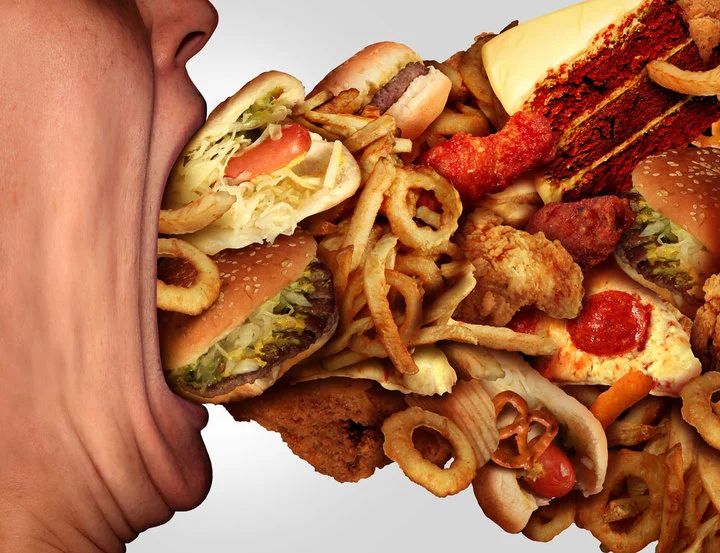In a captivating study recently published in Nature Microbiology, scientists from Penn State University, spearheaded by Professor Laura Weyrich, have uncovered an unexpected connection between the enduring allure of modern junk food and the aftermath of the Black Death, a devastating 14th-century pandemic.
Diving into the annals of history, the researchers examined calcified dental plaque extracted from skeletons dating back to 2200 BC to 1835 AD. The focal point of their investigation was the transformative impact of the Black Plague, which obliterated 60% of Europe’s population, on dietary and hygienic practices.

The study unveiled a profound shift in oral microbiota caused by the disease, identified through the analysis of teeth from 235 individuals buried in England and Scotland. A staggering 954 microbial species, including the common Streptococcus bacteria present in contemporary human mouths, were identified. Noteworthy was the presence of Methanobrevibacter, a pathogenic genus typically absent in healthy individuals. Professor Weyrich underscored the link between modern microbiomes and chronic diseases like obesity and cardiovascular issues, emphasizing the importance of understanding the origins of these microbial communities for disease management.

The microbial composition found in dental fragments pointed towards diets characterized by low fiber and high carbohydrates—a hallmark of present-day fast food. The resurgence of these microbes, triggered by the Black Death, was found to be associated with immune, heart, and brain diseases.
Survivors of the Plague, often belonging to higher income brackets, underwent significant changes in their diets, gaining access to higher-calorie and indulgent foods not readily available to the masses.
Professor Weyrich posited that the Plague might have played a role in shaping dietary preferences by influencing shifts in oral microbiomes. This groundbreaking research opens up the intriguing possibility that historical pandemics, such as the Black Death, could have enduring effects on the microbial communities within the human body, ultimately shaping dietary choices across generations.
As we delve into the mysteries of the past, this study invites us to contemplate how the echoes of ancient pandemics may resonate through time, subtly influencing our culinary inclinations in the modern era.




